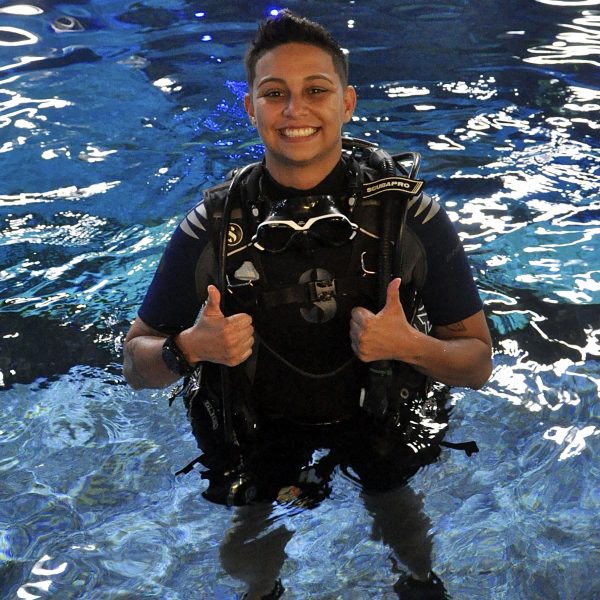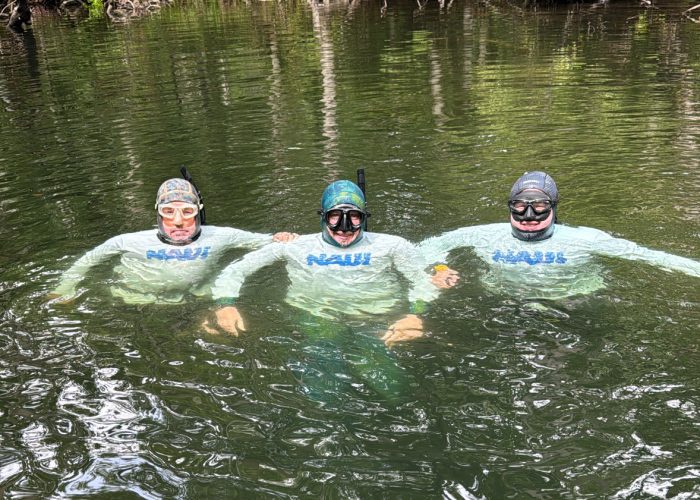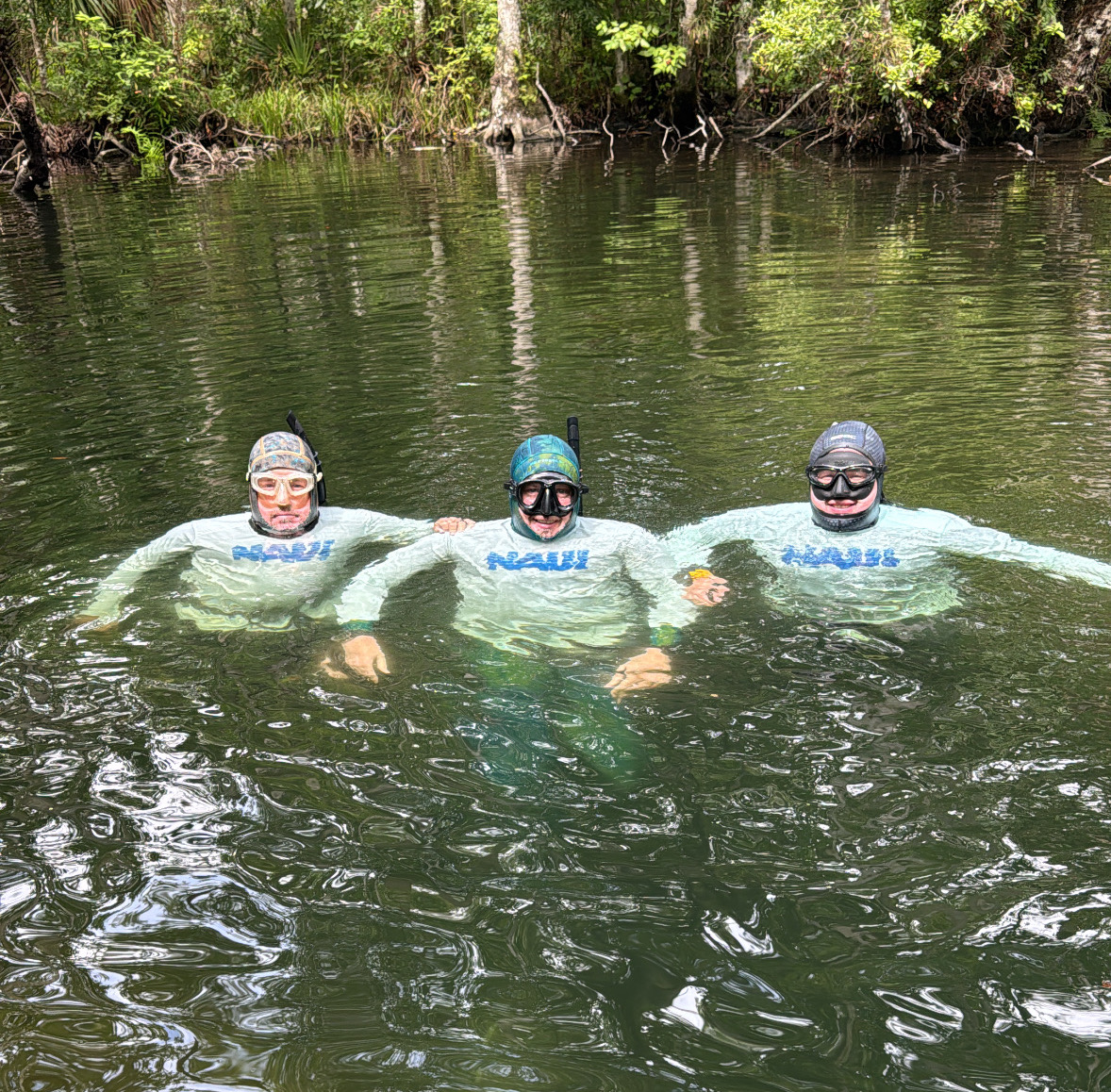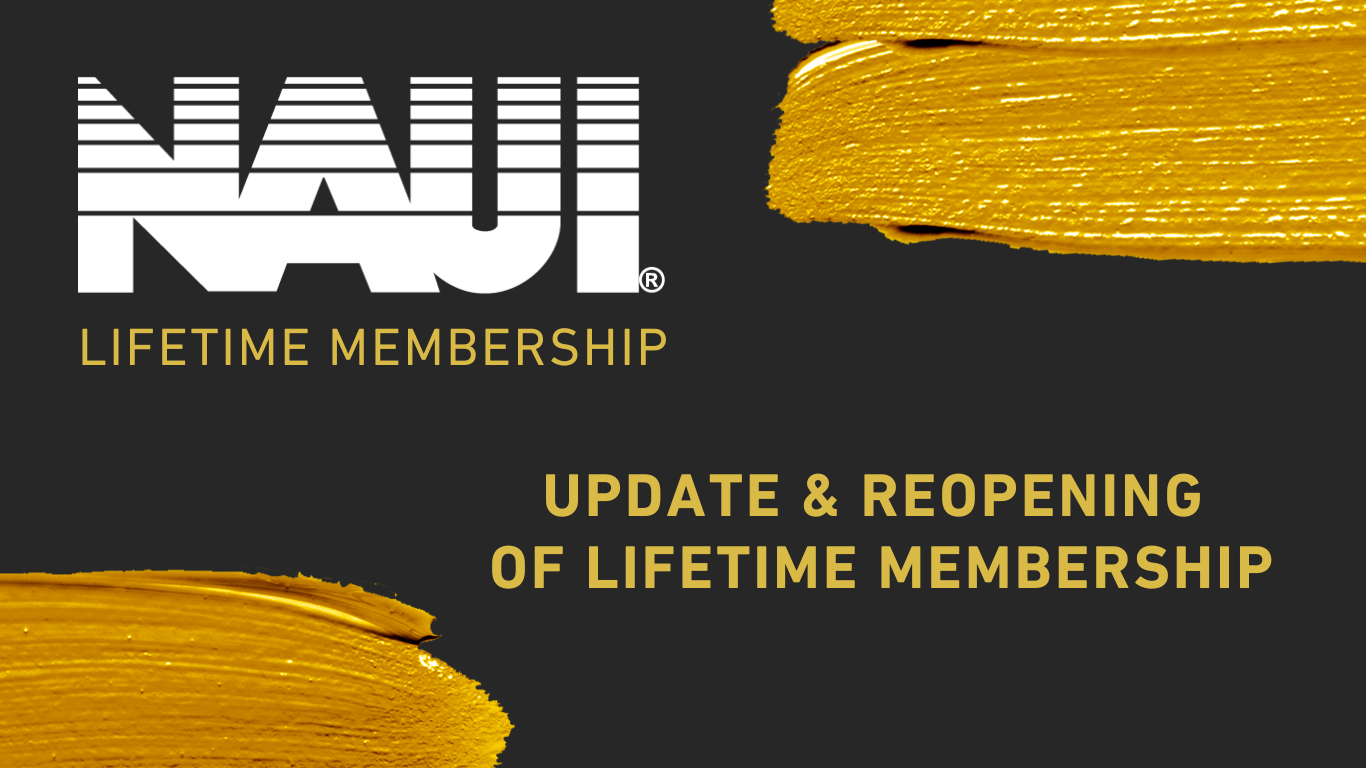#NAUIDiveSpotlight: Brian Schiefer
Pioneering Adaptive Diving: How Scuba Diving Transformed Brian Schiefer’s Life
For Brian Schiefer, the journey to scuba diving was anything but conventional. Growing up in rural Michigan, far from any ocean, he never imagined himself exploring the depths. His thirst for adventure led him to the United States Air Force, where he served multiple deployments in Afghanistan and Iraq as part of the Tactical Air Control Party (TACP) career field.
However, in 2008, during a pre-deployment training exercise in California, Brian’s life changed in an instant. His vehicle flipped, leaving him paralyzed with collapsed lungs and multiple spinal fractures. The severity of his injuries made survival uncertain. Through extensive medical care, rehabilitation, and sheer determination, he pulled through, but his new reality meant navigating life in a wheelchair and facing the long, grueling road to recovery.
Discovering Freedom Beneath the Surface
Following years of rehabilitation and adjustment, Brian found himself searching for a new sense of purpose. When a case manager from the Semper Fi Fund asked him what he wanted to do next, his response was immediate:
“I want to scuba dive.”
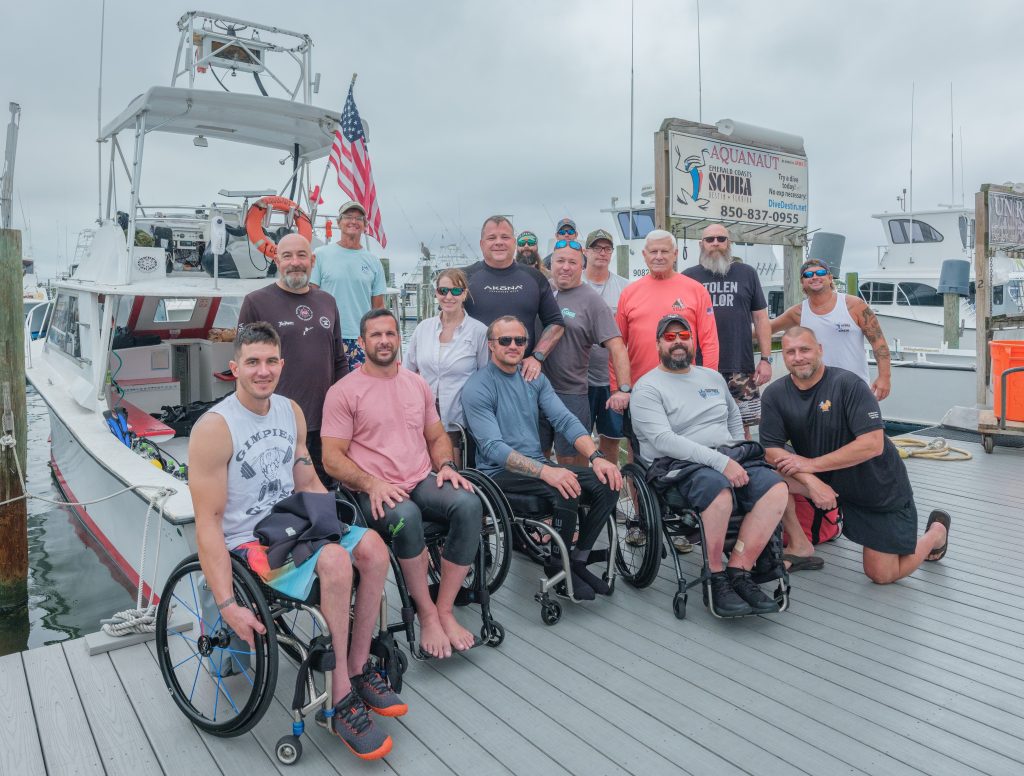
That answer set him on an unexpected path, leading him to the Combat Wounded Veteran Challenge (CWVC) and their adaptive dive training program. As the first-ever spinal cord-injured diver in the program, Brian entered uncharted territory. There were no established protocols, no adaptive diving guidelines—just determination and a willingness to figure it out.
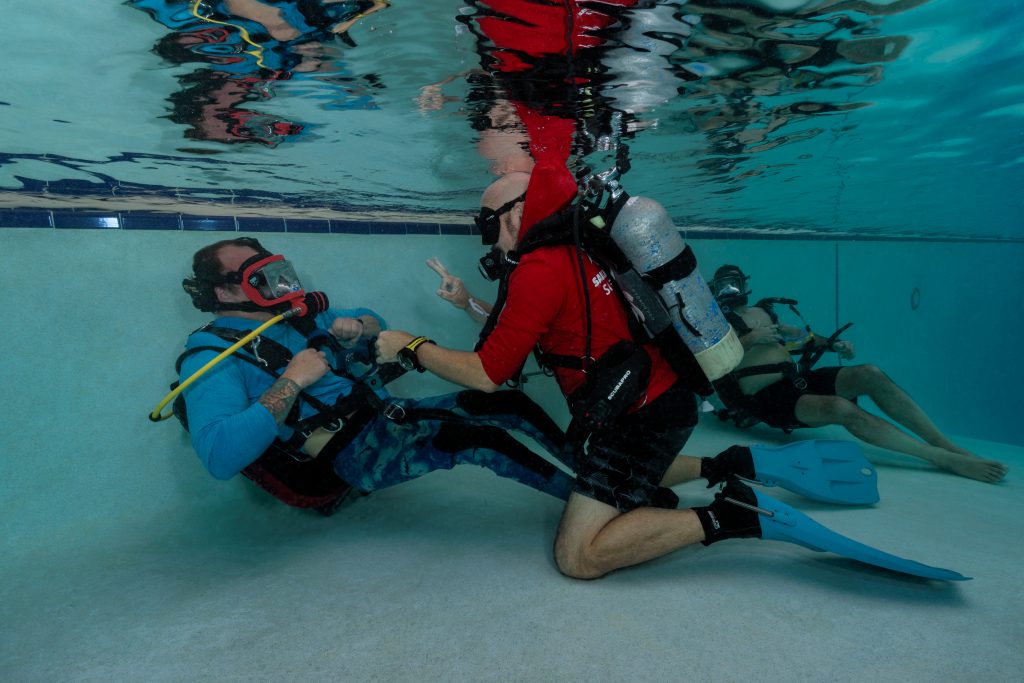
As he entered the water, he discovered something profound. His body moved differently but adapted instinctively. For the first time since his accident, he felt a level of freedom he had not experienced in years.
From Passion to Purpose: The Evolution of Adaptive Diving
Back home in Destin, Florida, Brian connected with Task Force Poseidon, a veteran-led dive group dedicated to helping wounded service members through scuba diving. What began as a new skill quickly transformed into something more profound—a therapeutic escape.
“For the first time, I wasn’t limited,” Brian explains. “I wasn’t thinking about stairs, curbs, or obstacles. I could just be.”
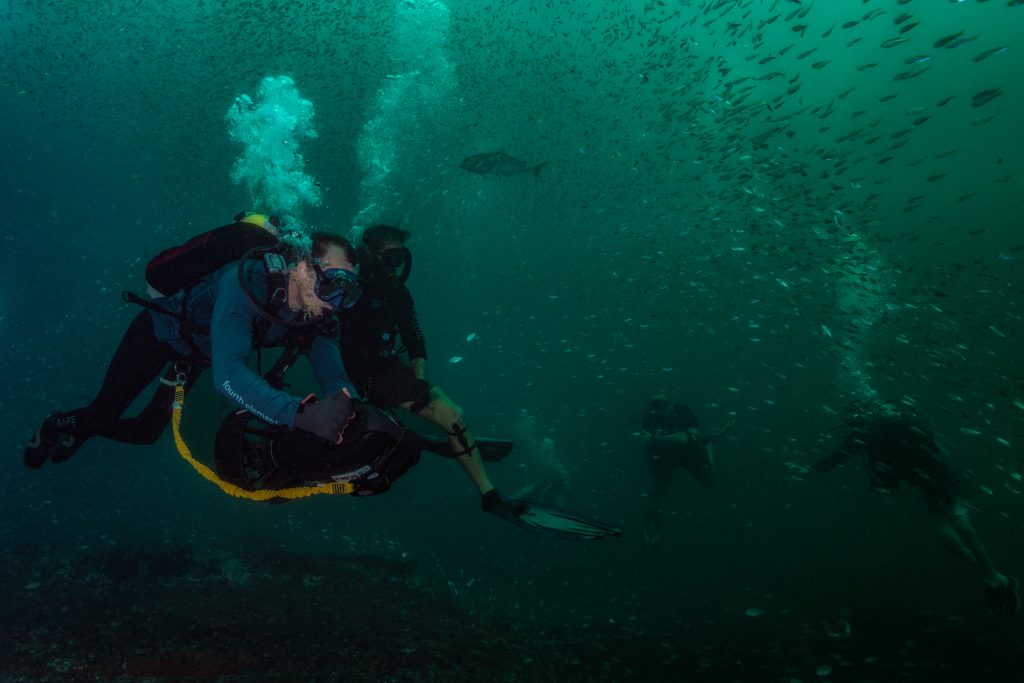
Determined to expand access to diving for individuals with spinal cord injuries, Brian began collaborating with CWVC to develop specialized adaptive dive equipment. Spinal cord-injured individuals required an entirely new approach—modifying weighting, buoyancy, and movement techniques to ensure safety and efficiency underwater.
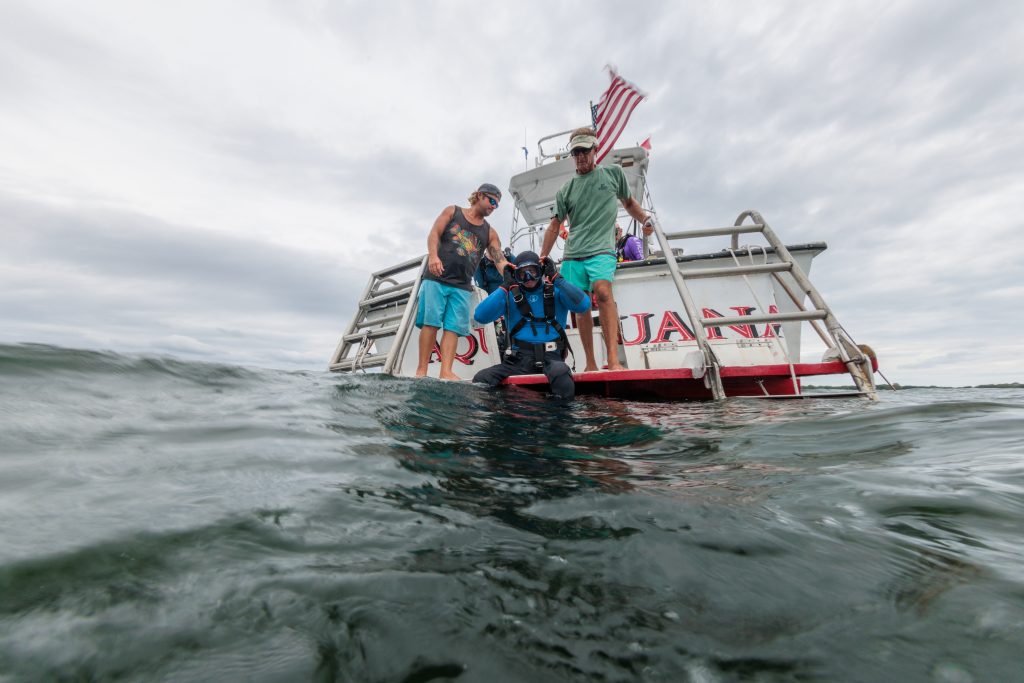
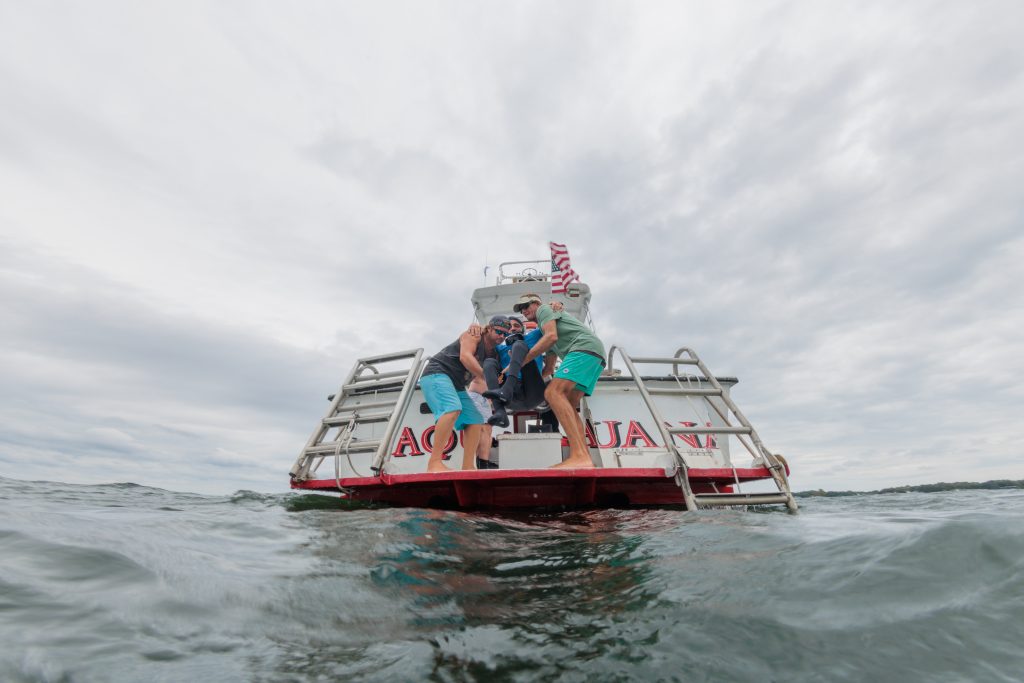
SCI-DI: Advancing Adaptive Diving Through Science
In 2024, Brian launched SCI-DI, LLC (Spinal Cord Injury & Diving Innovation), an organization dedicated to Spinal Cord Injury & Diving Innovation. While currently operating as an LLC, SCI-DI filed for nonprofit status with the IRS in 2025 and is actively working to expand its mission. The organization is committed to a triangular approach—combining research, technology, and accessibility to redefine adaptive diving.
SCI-DI works at the intersection of medical science and scuba diving, exploring how underwater movement, pressure, and hyperbaric effects benefit individuals with spinal cord injuries. By collaborating with medical professionals, engineers, adaptive sports specialists, and dive instructors, SCI-DI is pioneering new methodologies and equipment for divers with mobility impairments.
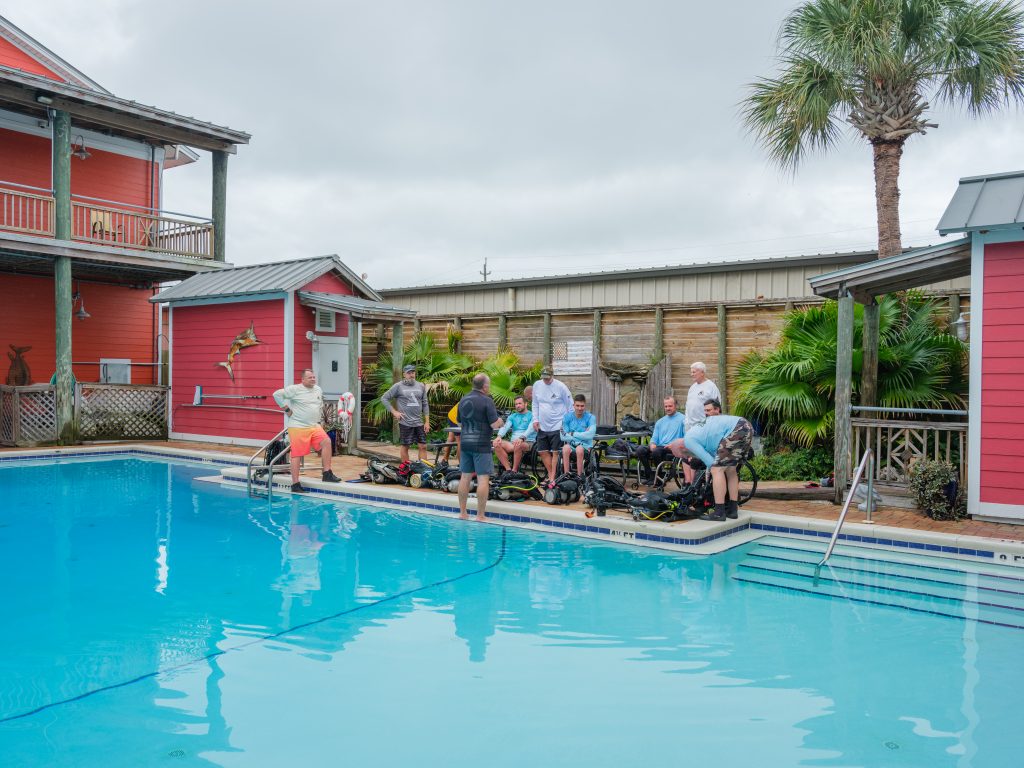
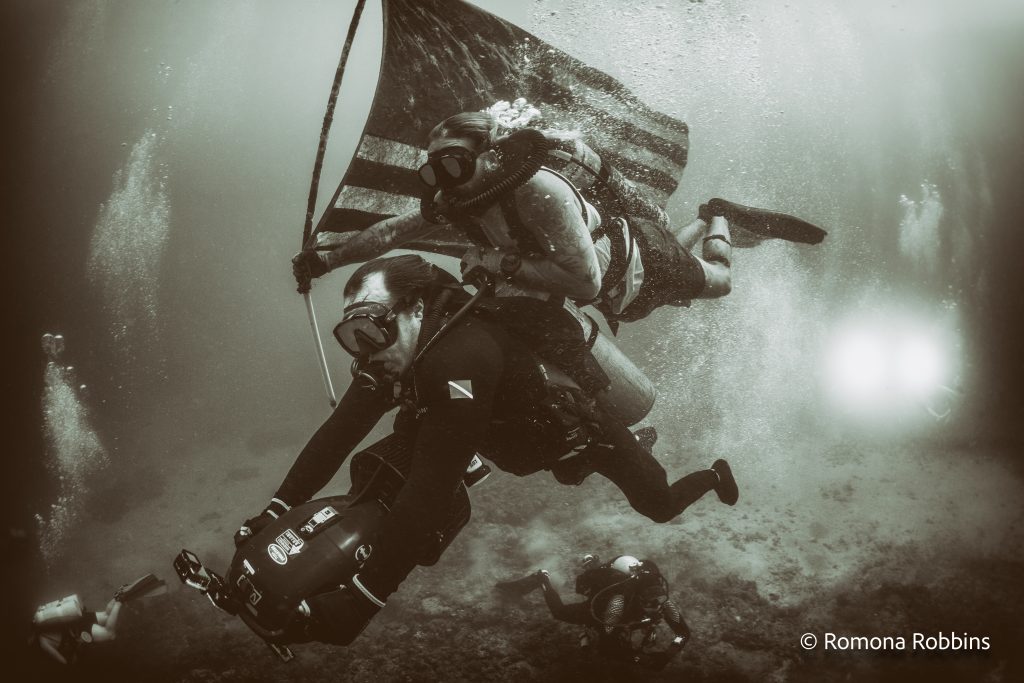
SCI-DI’s Mission and Impact
SCI-DI is dedicated to groundbreaking research by partnering with hyperbaric specialists and medical researchers to study the therapeutic effects of scuba diving, focusing on reducing inflammation, improving circulation, and enhancing mental well-being. The organization is also leading the way in innovative equipment development, refining adaptive dive gear to create safe and effective underwater experiences for individuals with mobility challenges.
In collaboration with CWVC, SCI-DI launched a pilot program in Destin, Florida, which has already demonstrated remarkable benefits, including reduced pain and inflammation, improved sleep cycles, and enhanced mental clarity and overall well-being.
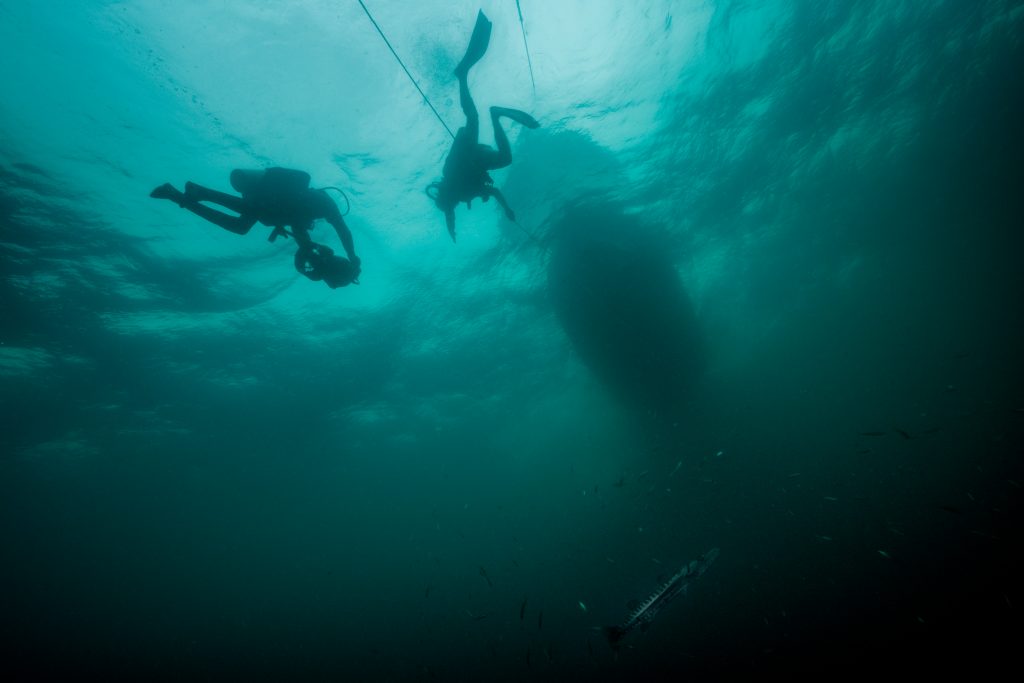
Additionally, SCI-DI is committed to building a strong community of adaptive divers, advocating for increased accessibility, and fostering collaborations between medical, military, and diving communities.
Shaping the Future of Adaptive Diving
Brian envisions a future where scuba diving is recognized not just as a sport, but as an evidence-based therapeutic tool. Through SCI-DI, he is working to standardize adaptive dive protocols, expand access for individuals with disabilities, and strengthen collaboration between research institutions, dive organizations, and medical professionals.
“I don’t want to just talk about it,” Brian says. “I want to do it.”
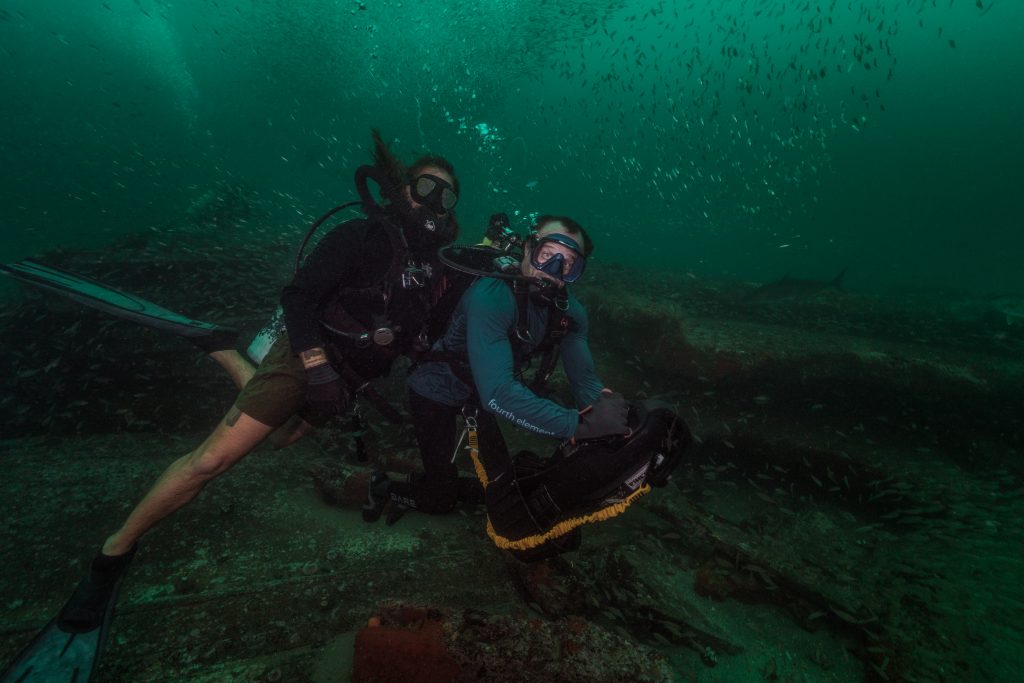
Through his unwavering dedication, Brian is proving that the ocean is not just a place of exploration—it is a source of healing, empowerment, and freedom. NAUI is proud to share these stories as we work toward empowering divers of all walks of life to safely and responsibly explore these amazing underwater environments.
SCI-DI is not just about diving—it’s about changing lives. To learn more, get involved, or support SCI-DI’s mission, visit www.sci-di.org. You can also connect on LinkedIn!
Follow Brian on Instagram and Connect on LinkedIn!
#DiveNAUI #NAUIDiveSpotlight #NAUIWorldwide #AdaptiveDiving #SCIDI #HealingThroughDiving
